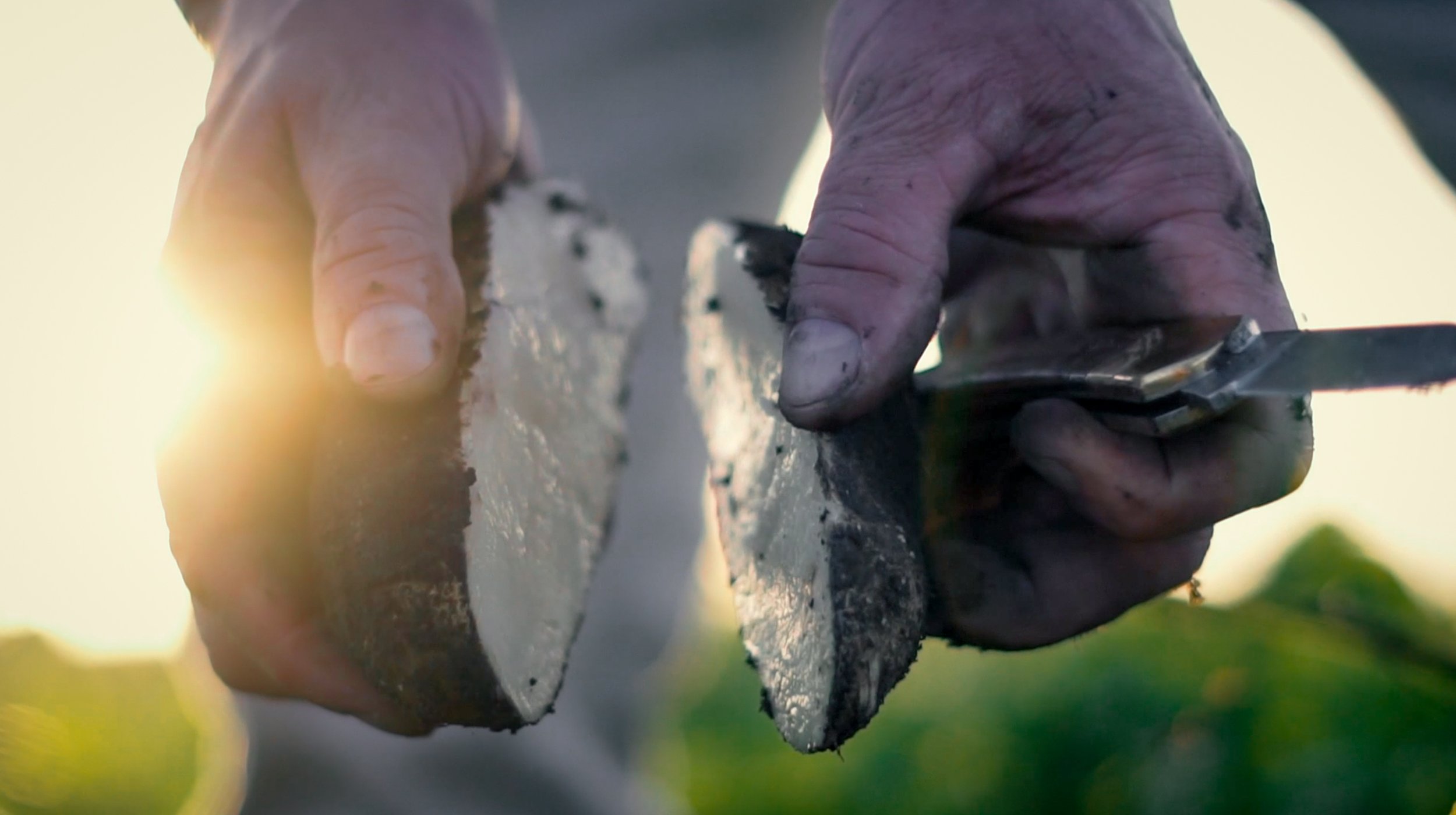Good for the Gut and the Planet
By Cara Kennedy
While the term 'upcycling' is relatively new, the focus on waste reduction and new value chains are concepts farmers have been applying for centuries. In fact, that is exactly how MSP Starch Products Inc. (MSP), the largest potato starch producer in Canada, came to be. Potato farming brothers Earl and Derek McLaren discovered the potential of a starch co-product from the potato manufacturing industry but little did they know they had uncovered a prebiotic ingredient with profound gut health benefits.
MSP's patented ingredient Solnul™ is a prebiotic resistant potato starch that selectively feeds Bifidobacterium to support optimal digestion and GI health. Resistant starches remain "resistant" to digestive enzymes allowing them to travel through the digestive system, where the prebiotic fiber feeds the beneficial gut bacteria. Resistant starch is a hard-to-acquire nutrient on its own due to modern milling and cooking methods, so diets around the world lack it. The average American gets 4 grams, or 20% of the resistant starch suggested dietary target through foods they customarily eat.
Taking less and using more. Every little bit helps.
Globally, more than one-third of greenhouse gas emissions come from the food system, relating to how we produce, process and package food. With all the resources that go into feeding the world, sustainability must be considered at each stage of the process so that resources are optimized, and food reaches its highest potential.
Potato is currently the fourth most important crop globally and has been a staple crop produced throughout human history. Compared to other agriculture products like wheat, rice, oat and almond, growing potatoes is a more sustainable option when considering all elements such as land efficiency, yield per acre, nutritional benefits, greenhouse gas emissions and water usage.
Solnul™ is an upcycled ingredient from the potato manufacturing industry. Using MSP's proprietary process, starch is reclaimed from the water used to cut potatoes during processing. It is then gently dried and repurposed into the Solnul™ products, simultaneously recycling water that is "cleaned" during the process. The clean water is returned to the reservoir to continue supplying the surrounding crops, perpetuating an operational loop.
Solnul™ is then sold to science-forward brands to elevate their supplement and functional food products, close the resistant starch gap and keep the microbiome well-fed.
The entire lifecycle from humble potato into Solnul™ prebiotic resistant starch exemplifies what it means to use something to its highest potential. From sustainable crop to hearty staple food to an upcycled ingredient that continues to give life feeding the gut microbiome, Solnul™'s impact goes a long way. And it doesn't take much to see the health benefits of resistant starch. With as little as 3.5 g, Solnul™ optimizes the microbial balance to support gastrointestinal health.
MSP’s Sustainability Statement
For over 15 years, MSP has been committed to making remarkable ingredients that exceed their customer's expectations for product safety, quality, and delivery, while upholding the highest environmental and social standards, including supporting the local economy and the health of its customers.
About the Author
As the Director of Marketing at MSP (Solnul™), Cara navigates through the world of scientific reports and consumer data to share the meaningful resistant starch story with the world. She's seen firsthand how the power of Solnul™ has helped so many people with GI distress and believes resistant starch is the key to revolutionizing digestive health. As a steward of the planet, she gets fulfillment by working with natural health brands that demand transparency in the food system. She's an integral part of the sustainability strategy at MSP.
You can get in touch at ckennedy@solnul.com




